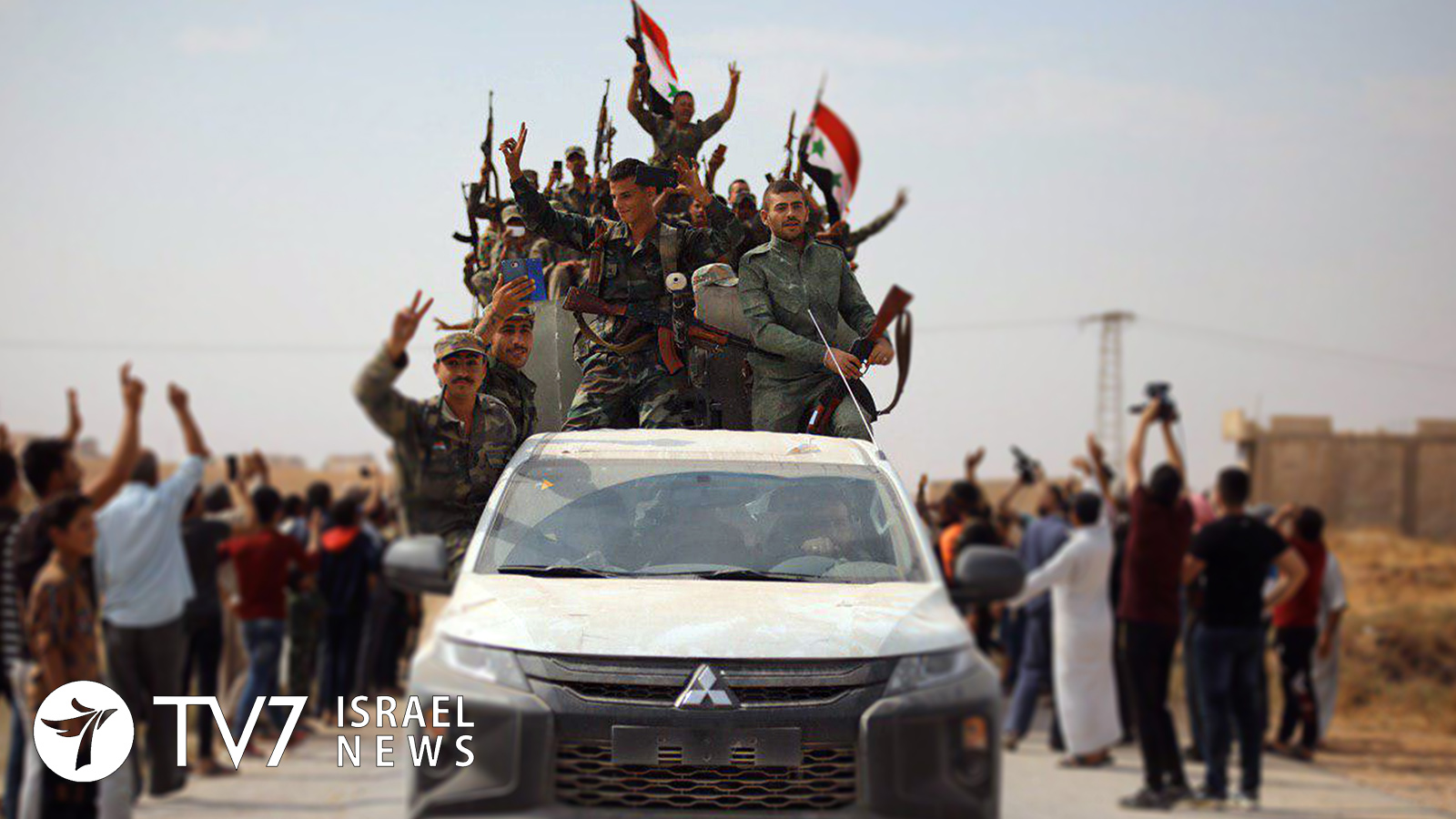Turkish forces and their Syrian paramilitary allies are progressively making gains in northeast Syria, forcing the retreat of the Kurdish-led Syrian Democratic Forces. The Syrian government has nevertheless managed to slow down the Turkish advance by deploying thousands of military forces to dozens of Kurdish-controlled towns and villages in the area. The massive influx of troops loyal to Syrian President Bashar al Assad came after the Kurdish-led administration struck an agreement with Damascus and Moscow, which have vowed to assist in countering the Turkish offensive. One unnamed Syrian soldier cited by Reuters vowed, “If God is willing, we will liberate all the country.” When asked from whom, he replied, “From the filth of Erdogan and (Muslim) Brotherhood dog.”
In an opinion piece published by the Foreign Policy News site, SDF Chief of Staff Mazloum Abdi proclaimed that while the Kurds in Syria believe in democracy as a core concept, “the invasion by Turkey and the existential threat its attack poses for (the Kurdish) people,” compels his force “to reconsider (its) alliances).” The Kurdish military leader stressed that even though he distrusts the pledges by Damascus and Moscow, “the Russians and the Syrian regime have made proposals that could save the lives of millions of people who live under (SDF) protection,” which led to the decision to form so-called ‘alternative alliances.’ General Abdi said that he while he “understands and sympathizes” with U.S. President Donald Trump who “has long promised to withdraw U.S. troops,” he “did not request American soldiers be in combat.” Rather, the SDF Chief of Staff underscored that the Kurdish-led alliance urges “the United States to acknowledge its important role in achieving a political solution for Syria,” and insisting that “Washington has sufficient leverage to mediate a sustainable peace between the Syrian Democratic Forces and Turkey.”
Moreover, following the considerable deployment of the Syrian Army along the northeastern front of the war-torn country; the Turkish military reacted by stationing additional armored units and divisions in the border area ahead of a possible confrontation that could also draw Russia and Iran into the conflict. Despite such a scenario, Kremlin Spokesman Dmitry Peskov underscored to reporters in Moscow that communications between Moscow and Ankara are ongoing on the top governmental and military levels.
When asked about a possible clash between the Syrian and Turkish militaries, Peskov emphasized that it had been made it very clear to Turkey that Russia will not welcome disturbance to the process of attaining a political resolution. There was no immediate response by the Turkish Foreign Ministry to TV7’s request for comment vis-à-vis the Russian statement.
